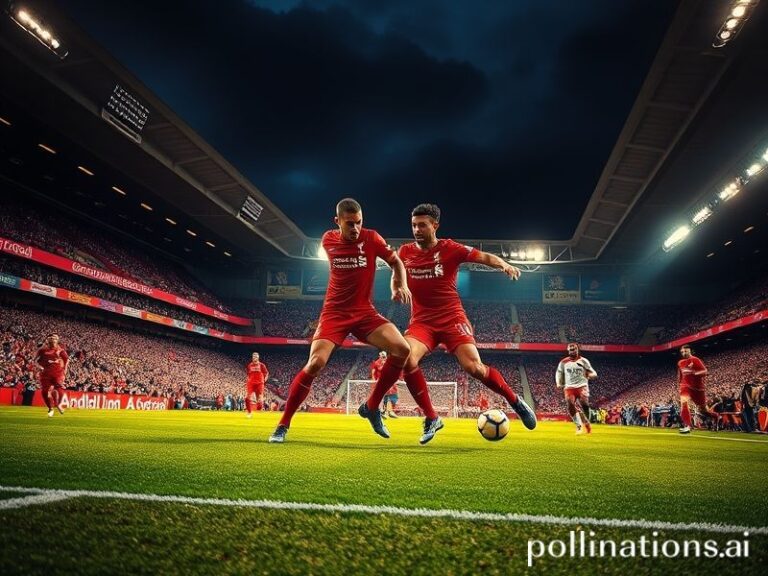Nick Thompson: The Meme That Took Over the World (And Why We Love It)
**Nick Thompson: The Man, The Myth, The Meme**
Alright, folks, gather ’round. We’ve got a hot one to dissect today. Nick Thompson, the name that’s been setting the internet ablaze faster than a viral TikTok dance. But who is this guy, and why is he suddenly the talk of the global town? Let’s dive in, shall we?
**Who is Nick Thompson?**
First things first, Nick Thompson is not just a name; it’s a phenomenon. He’s a journalist, a podcaster, and the current editor-in-chief of *The Atlantic*. But let’s be real, his sudden global fame isn’t just about his day job. It’s about the memes, the drama, and the sheer internet chaos that’s erupted around him.
**The Meme That Started It All**
Our story begins with a simple tweet. A tweet that, in the grand scheme of things, was probably meant to be a harmless joke. But the internet, being the unpredictable beast it is, had other plans. The tweet in question? A photo of Nick Thompson with the caption, “me when I’m not at work.” Cue the meme explosion.
Suddenly, Nick Thompson’s face was everywhere. On dogs, on cats, on your aunt’s Facebook post about her new garden. It was a meme takeover of epic proportions. But why? What made this particular meme resonate so deeply with the internet collective?
**The Cultural Context**
To understand the Nick Thompson meme, we need to understand the cultural zeitgeist. We’re living in an era of memes, where a single image can encapsulate a universal feeling or experience. Nick Thompson’s meme tapped into something profound: the universal struggle of balancing work and life.
The meme’s humor lies in its relatability. It’s the face of exhaustion, of the never-ending grind, of the eternal struggle to disconnect from work. It’s the face we all make when we’re not at work, but our minds are still stuck in the office. It’s the face of the modern worker, and that’s why it resonated.
**The Social Impact**
The Nick Thompson meme isn’t just a laugh; it’s a social commentary. It’s a reflection of our work-obsessed culture, of the blurred lines between work and personal life. It’s a reminder that we’re all in this together, that we all share the same struggles.
But it’s also a form of resistance. By turning Nick Thompson into a meme, we’re reclaiming our narrative. We’re saying, “Yes, work is important, but so is our well-being. So is our sanity.” It’s a small act of rebellion, a way to cope with the absurdity of modern life.
**Why It’s Significant**
So, why does any of this matter? Why should we care about a meme? Because memes are more than just jokes. They’re a form of communication, a way to express complex ideas in a simple, shareable format. They’re a reflection of our culture, our values, our struggles.
The Nick Thompson meme is significant because it’s a cultural touchstone. It’s a shared experience, a collective laugh, a universal sigh of relief. It’s a reminder that we’re not alone, that we’re all in this together.
**The Future of Nick Thompson**
But what’s next for Nick Thompson? Will he embrace his meme status, or will he try to shake it off? Only time will tell. But one thing’s for sure: the internet has spoken, and Nick Thompson is now a part of our digital folklore.
So, here’s to Nick Thompson, the man, the myth, the meme. May his face continue to grace our screens, reminding us to laugh, to relate, and to resist the grind. Cheers, Nick. You’ve earned your place in internet history.







